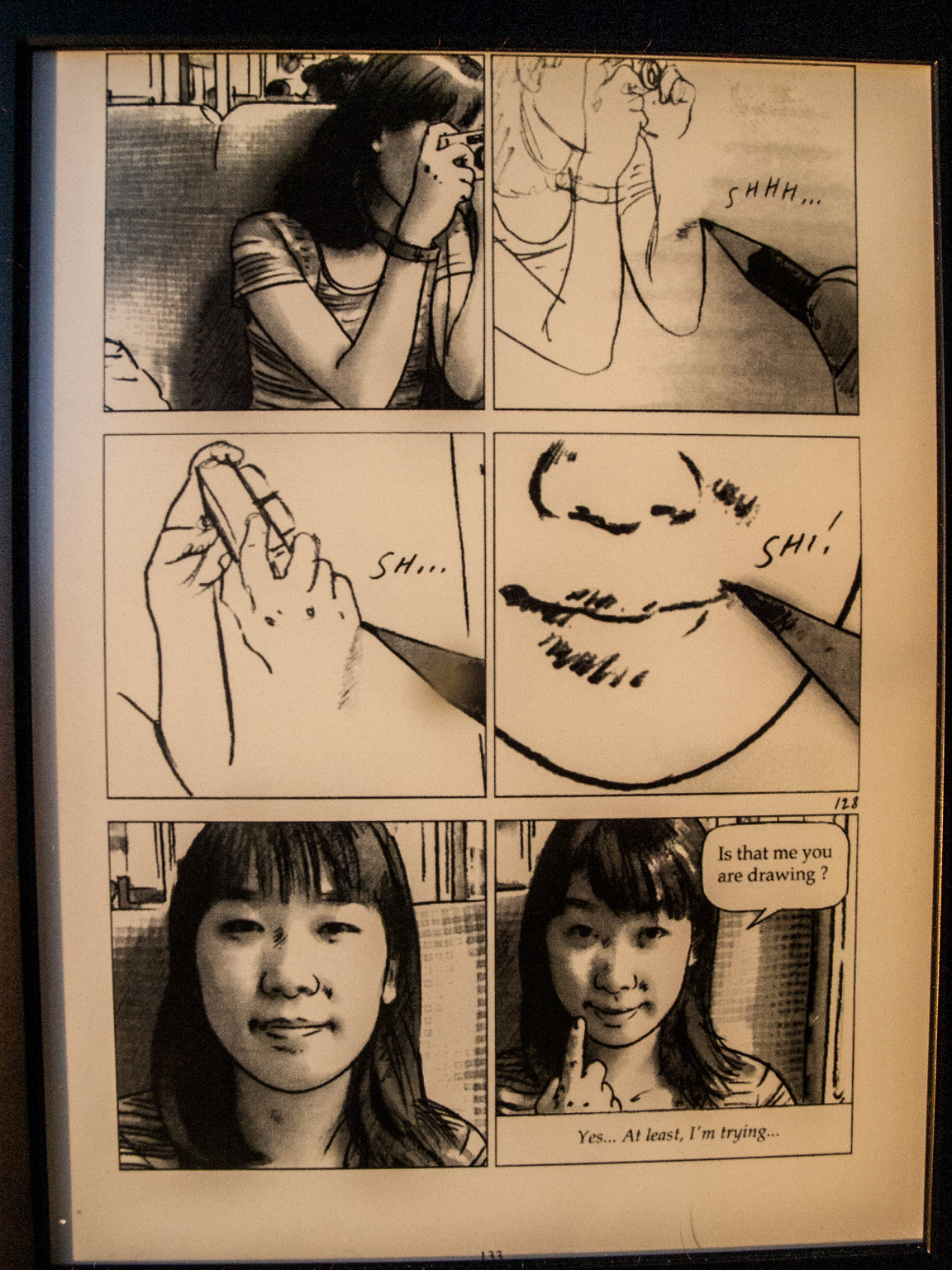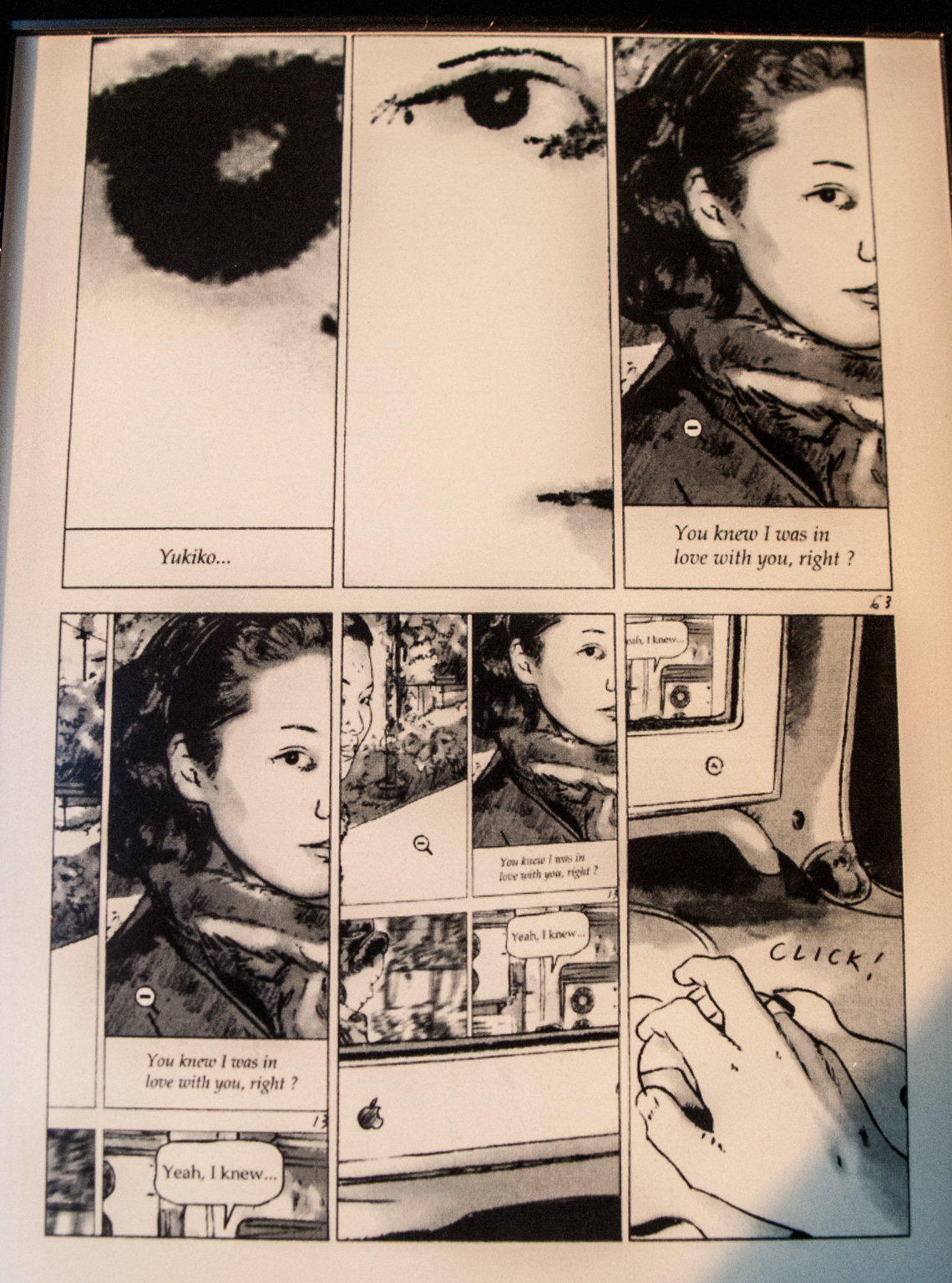 Pihkal: A Chemical Love Story by Alexander Shulgin
Pihkal: A Chemical Love Story by Alexander Shulgin
My rating: 5 of 5 stars

Sometimes you read some books you think everybody should read, if only just so that they can correct their misconceptions on certain things.
Alexander Shulgin was a researcher of psychotropics which he had been inventing in his laboratories and testing on himself for almost half a century. Actually, no; merely calling him that would be like describing J.S. Bach simply as a Baroque musician. If it wasn’t for him, a great many psychoactive compounds, including MDMA, the tremendous potential for psychotherapeutic use of which it was also he who discovered, would have never seen the light of day; people wouldn’t have enjoyed them and found insight in their use… The field as a whole would be much poorer.
In fact, given the prolonged forbidding legal status of the production, distribution and even use for the majority of known psychedelics since the ’60s, without Shulgin there would have hence been next to no research at all in this field of human knowledge and experience we are repeatedly and stubbornly denying ourselves from. He was one of the most important beacons of reason, curiosity and tenderness on this topic, and that is why I wanted to get my hands on PiKHaL: anything written by Sasha is required reading on this subject.

Since it’s a big book and it’s expensive and difficult to get it even used, I tracked it down on .pdf soon after I got my Kindle, which makes it easier to enjoy hard-to-find works like this on digital format. The day after I started reading it, there was news that Shulgin had passed away – at the age of 88 and after inventing and trying hundreds of successful and not-so-successful “drugs”, no less.
Shulgin in this book told his life’s story and how he got interested in the things that made him famous (it has to do with the placebo effect and the power of the mind); how he met his wife, who co-authored this work with him; he described his little psychedelic sessions with friends in a very affectionate and effective way.
In their remote but blessed corner of the universe they tread new ground and wrote all about it. It was epic.
Read this and come back to me mumbling something about wanting to keep it natural and chemicals-free. I dare you.

I’m perfectly aware that I might be getting on your nerves with these Kindle shots. The first two should be easy enough to read if you want to get a feel of what it was like reading these highlight-worthy quotes. But in this last bit the font is too small, and I admit it’s probably way too much effort reading text from those .jpgs. They serve as aesthetic enhancements of the review. Or I could just call them my reviews’ seasonings, like they have in restaurants on every table: complete with salt, pepper, oil, chili perhaps, here in Bulgaria garlic sauce… Optional, but there for you if you’re feeling like it.
I’ll sign off this review with a transcript of the picture above, because I know that sometimes food is best eaten pure.
PIHKAL: A Chemical Love Story (Shulgin)
– Your Highlight on page 208 | location 3183-3185 | Added on Wednesday, 11 June 2014 14:20:42
I looked up at him and smiled, showing all my teeth, “I learned long ago that the most dangerous opponent is the one who tells you he hasn’t been near the game in years. He’s the one who’ll wipe the board with you, while apologizing for being so terribly rusty.”
==========
PIHKAL: A Chemical Love Story (Shulgin)
– Your Highlight on page 215 | location 3294-3297 | Added on Wednesday, 11 June 2014 14:34:12
“You told me that you invent new psychedelics and that you have a group of people who try them out after you’ve made sure they’re safe and ,/ He interrupted, “Not safe. There is no such thing as safety. Not with drugs and not with anything else. You can only presume relative safety. Too much of anything is unsafe. Too much food, too much drink, too much aspirin, too much anything you can name, is likely to be unsafe.”
==========
PIHKAL: A Chemical Love Story (Shulgin)
– Your Highlight on page 219 | location 3349-3351 | Added on Wednesday, 11 June 2014 14:39:51
“Of course, there are many ways to alter your consciousness and your perceptions; there always have been, and new ways will keep being developed. Drugs are only one way, but I feel they’re the way that brings about the changes most rapidly, and – in some ways – most dependably. Which makes them very valuable when the person using them knows what he’s doing.”
And… sorry, I just couldn’t hold myself. Quotes really do a better job at reviewing themselves than I ever could.
PIHKAL: A Chemical Love Story (Shulgin)
– Your Highlight on page 176 | location 2690-2698 | Added on Sunday, 8 June 2014 04:37:06
Sam said, “I don’t know if you realize this, but there are some researchers – doctors – who are giving this kind of drug to volunteers, to see what the effects are, and they’re doing it the proper scientific way, in clean white hospital rooms, away from trees and flowers and the wind, and they’re surprised at how many of the experiments turn sour. They’ve never taken any sort of psychedelic themselves, needless to say. Their volunteers – they’re called ‘subjects,’ of course – are given mescaline or LSD and they’re all opened up to their surroundings, very sensitive to color and light and other people’s emotions, and what are they given to react to? Metal bed-frames and plaster walls, and an occasional white coat carrying a clipboard. Sterility. Most of them say afterwards that they’ll never do it again.” “Jesus! Right now, after what I’ve just gone through, that sounds worse than awful.” “Not all of the research is being done that way, thank God, but too much of it is.” “What a shame,” I said, saddened by the picture, “What a shame!”
View all my reviews
 Not the Future We Ordered: Peak Oil, Psychology, and the Myth of Eternal Progress by John Michael Greer
Not the Future We Ordered: Peak Oil, Psychology, and the Myth of Eternal Progress by John Michael Greer



























